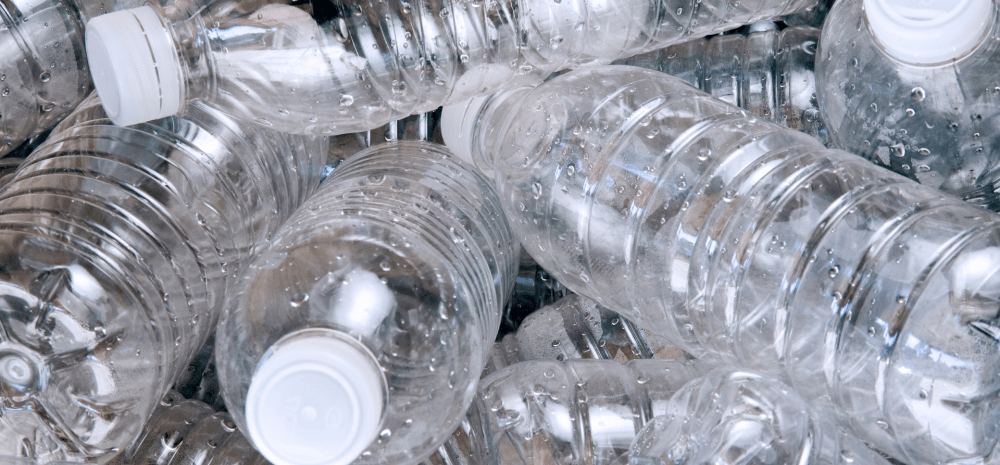
Plastic is made from crude oil which is found deep underground. Crude oil is formed from the remains of plants and animals that lived millions of years ago - that’s why it’s called fossil fuel. It's a non-renewable resource because there's only a limited amount of it. This means that once it's used, it’s gone for good.
To make plastic, crude oil is sent to a refinery where it's separated into different components. Some of these components are used to produce plastic.
Making plastic uses a lot of energy and water. For example, to make just one plastic bottle it takes:
- 3 litres of water
- About 250 millilitres of crude oil (about one cup)
- Around3.4 megajoules of energy (enough to power a light bulb for over 24 hours)
- It also releases 100 grams of carbon dioxide into the air
That’s a significant environmental cost for just one bottle.
Plastic is used in many different ways, but it doesn’t ever break down, harming the environment if it's not recycled properly.
